Old Japan of the second half of the 19th century in photographs by Adolfo Farsari
These hand-painted photographs of old Japan teach a history lesson about how life went on there in the Land of the Rising Sun at the turn of the 19th and 20th centuries. The author of the pictures is Adolfo Farsari, an Italian photographer who lived in Yokohama after a short military career.
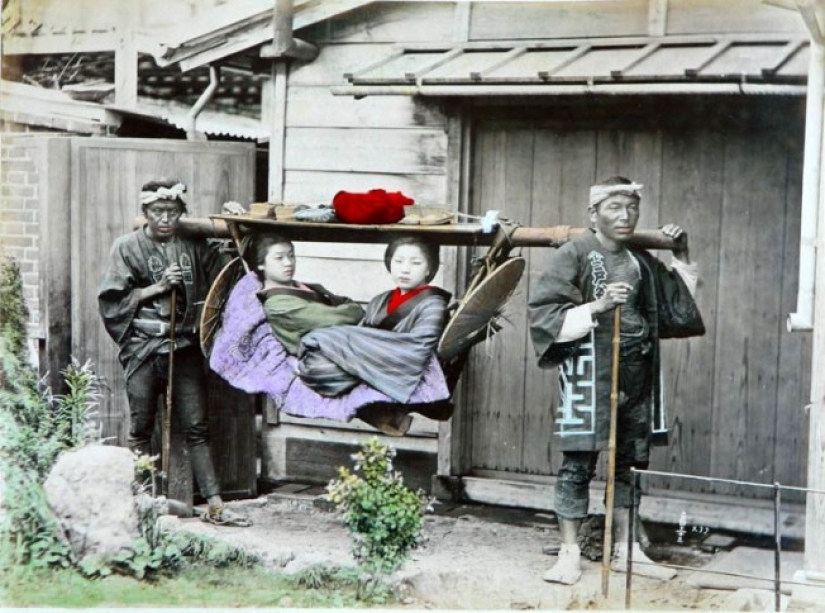
Without a doubt, Adolfo was in the right place at the right time. Two centuries before the birth of the enterprising Italian, in 1639, the feudal military government of Japan began a foreign policy of self-isolation. The country became completely closed to foreigners, an exception was made only for Dutch merchants, and the Japanese were forbidden to leave the country under threat of execution.
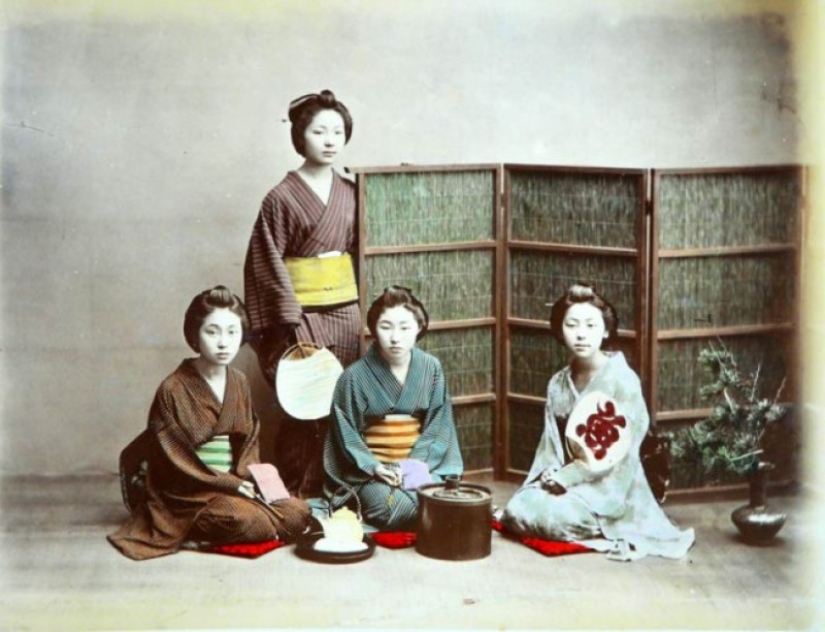
Only in 1850-1860, under pressure from the United States, Russia, England and France, Japan was forced to abandon its centuries-old isolation, reforms began in the country, the purpose of which was to create a strong country with a powerful army. In those years, Japan made a giant leap from the Middle Ages to Modern Times: the state embarked on the rails of Western-style industrial development.
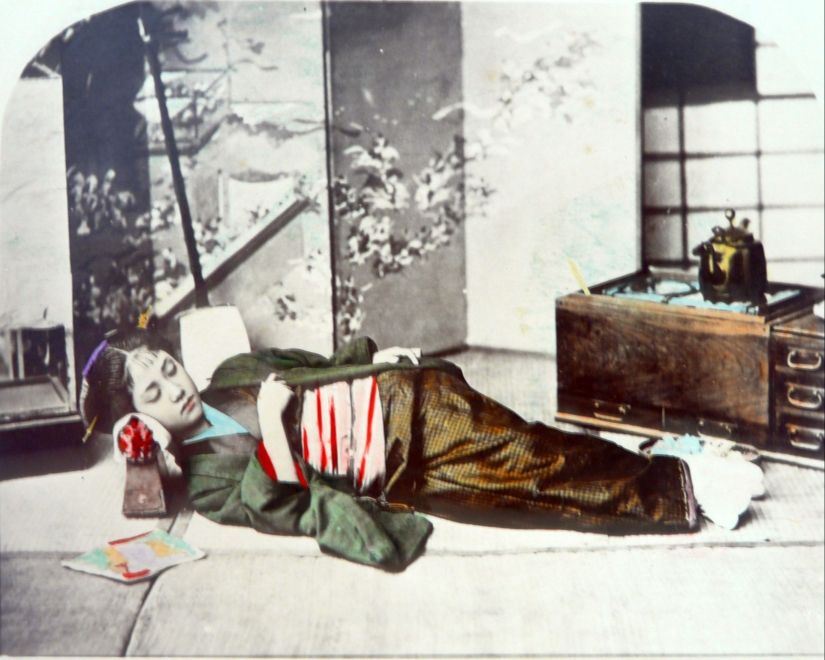
Here our hero appeared... Adolfo Farsari was an Italian, in 1841 he was born in Vicenza, which was then part of Austria. Emigrated to the USA, served in the cavalry, got married, soon divorced and moved to Japan
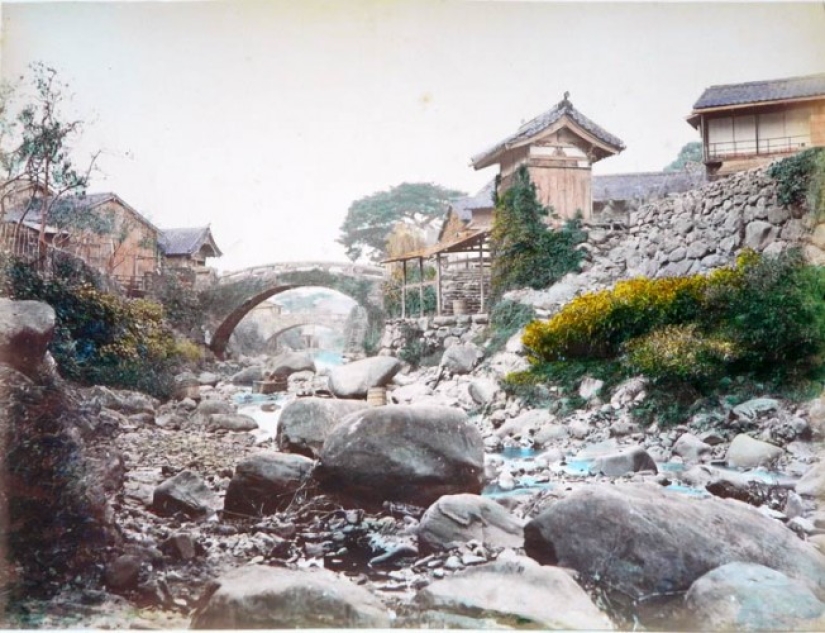
At that time, Japan was no longer an isolated and closed state, on the contrary, it conducted an active foreign policy and had trade relations with many countries, but its culture remained intact and unchanged. It was this factor that aroused public interest in these photos, many were interested in looking at such a remote and alien way of life.

Adolfo himself had been living in Japan since 1873 and owned a small business for the design and decoration of books, magazines, posters, etc., but when popularity came to him, he opened his own studio and engaged in it for many years. Almost all of Farsari's studio works were intended for sale to tourists. At that time, black-and-white photographs, hand-painted with colored paints, were popular among foreigners.
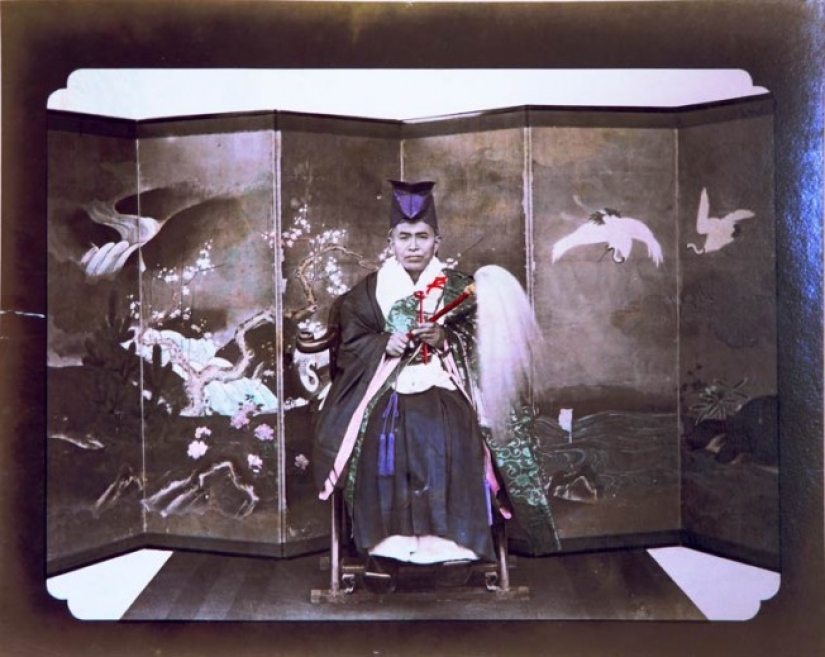
At the end of his life, Adolfo returned to his homeland. He died in Venice in 1898, not having lived a couple of days before his fifty-seventh birthday.
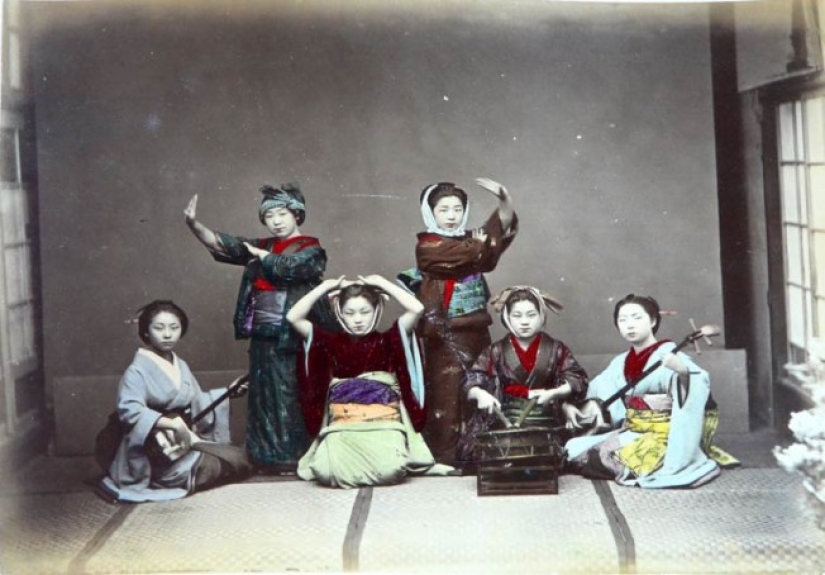
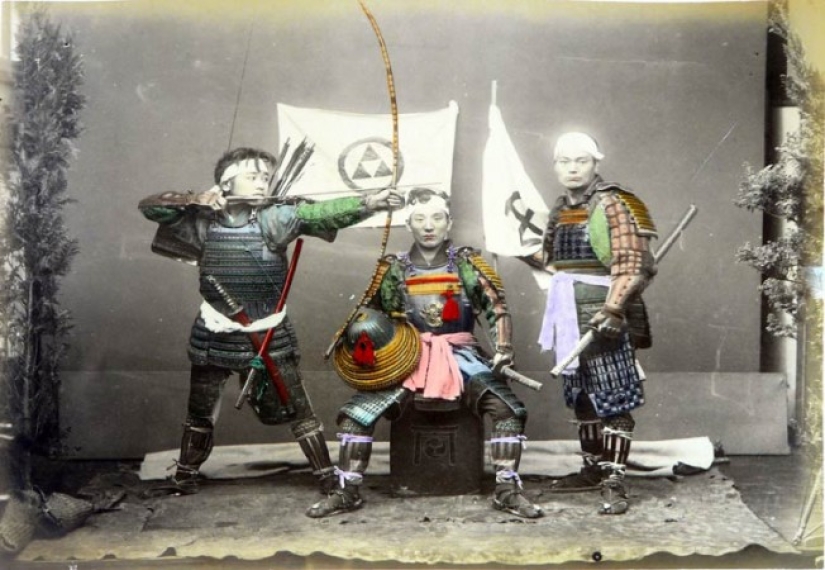
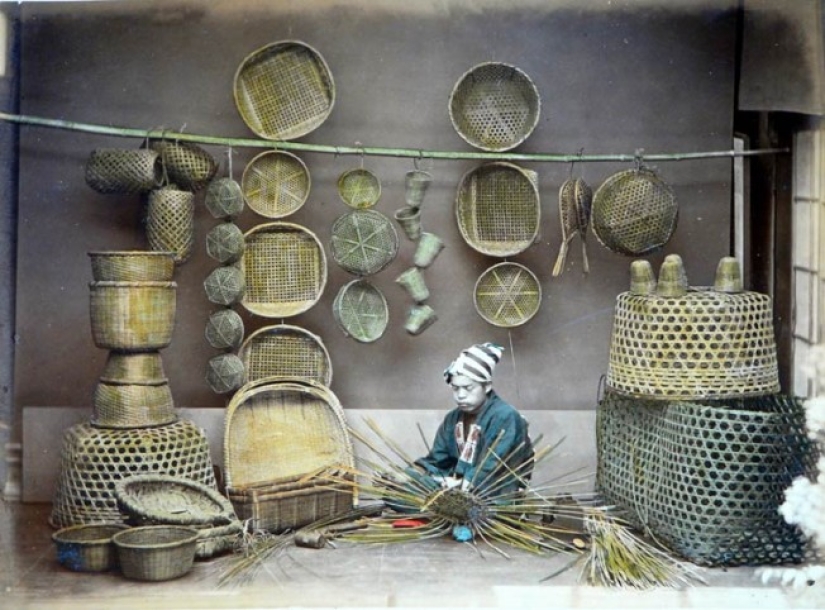
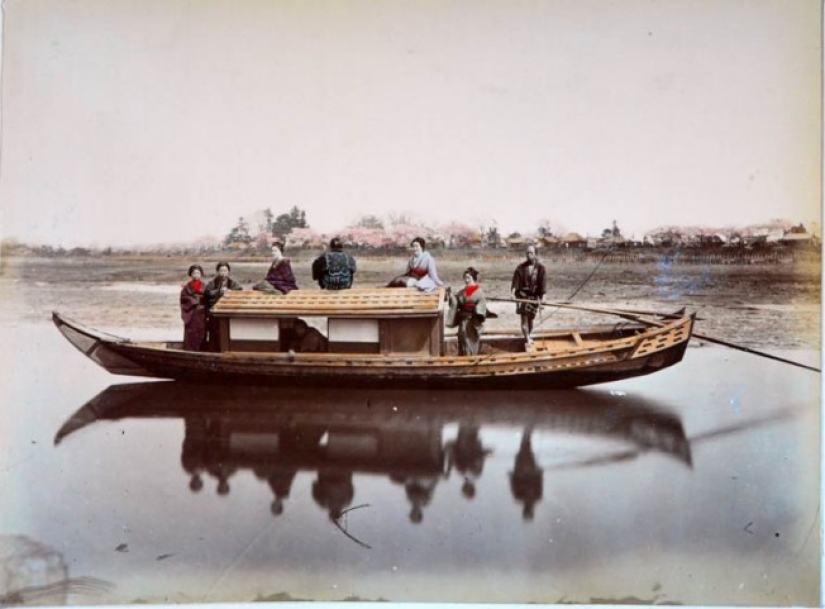
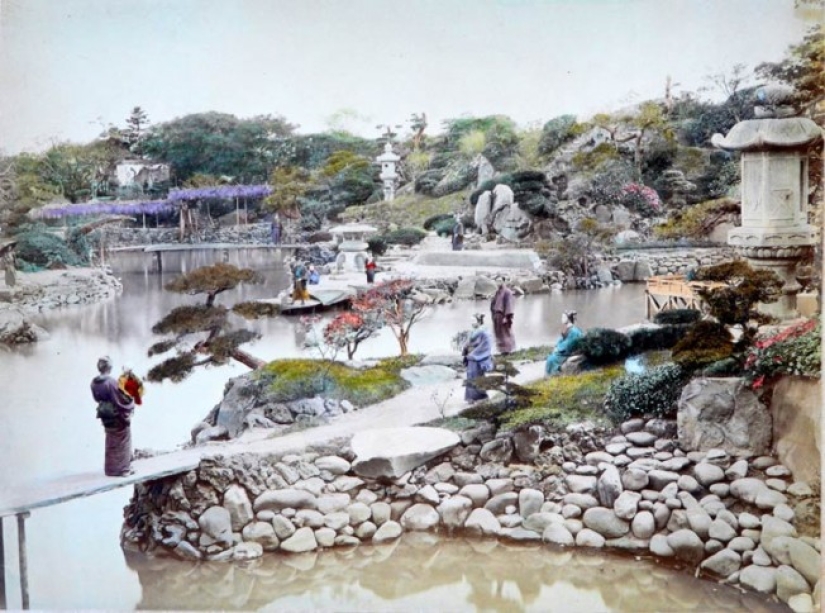
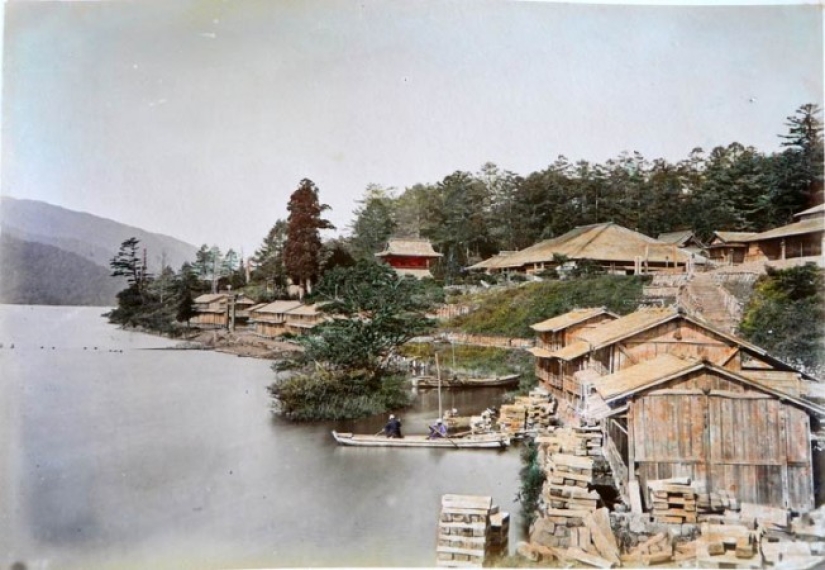

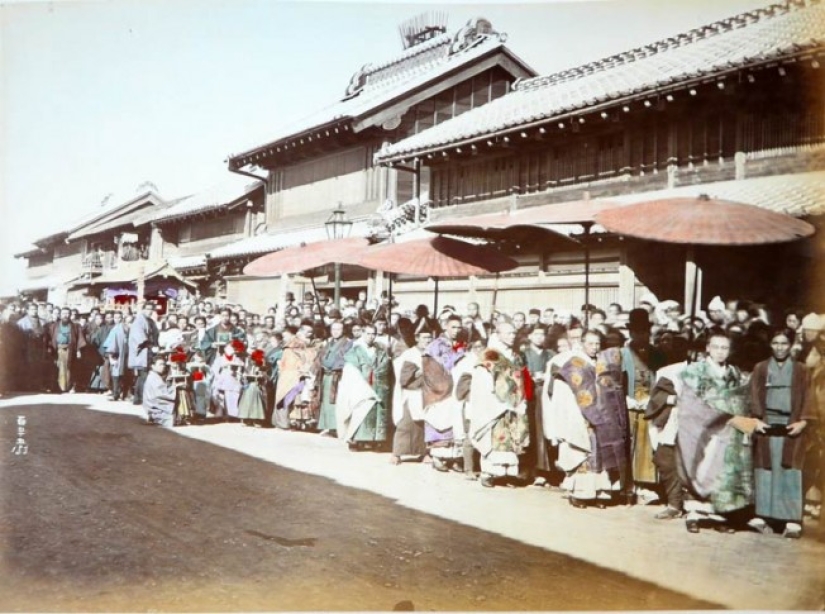
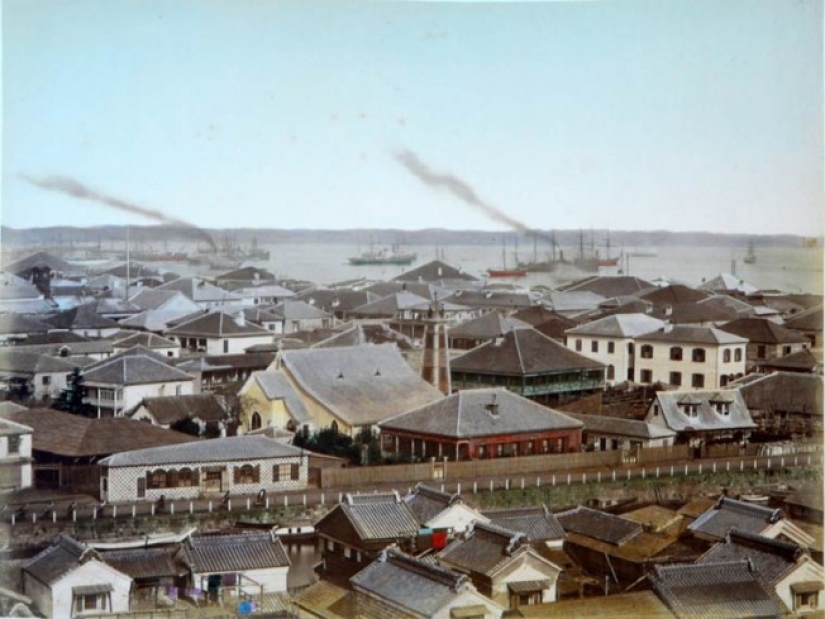
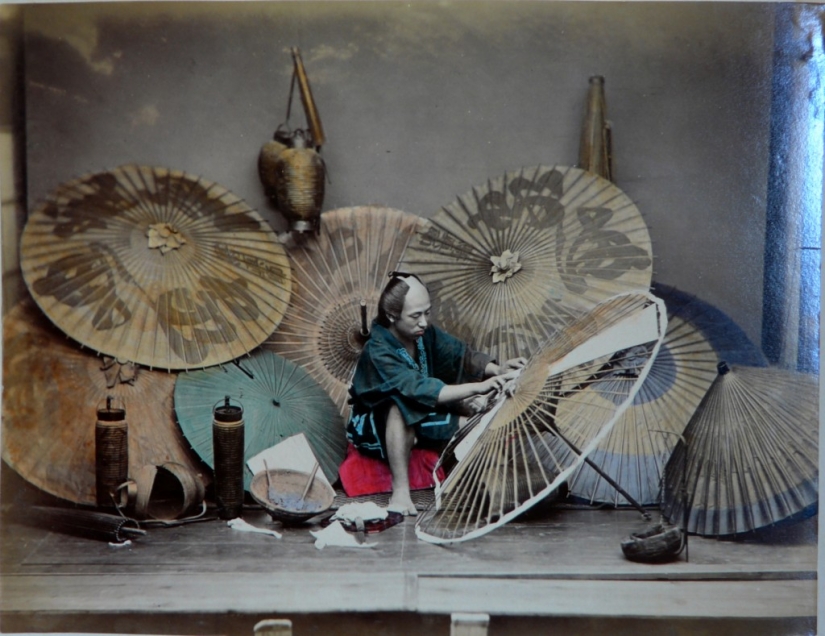
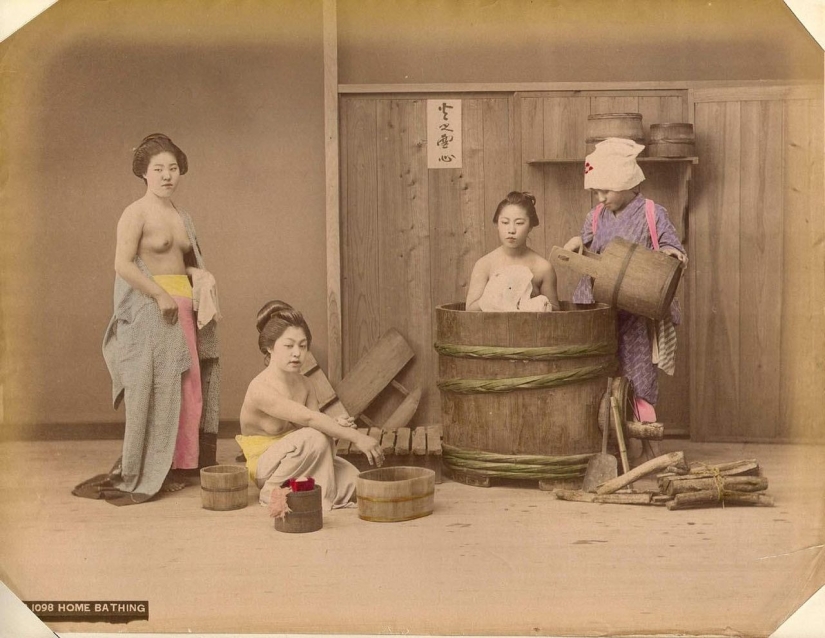
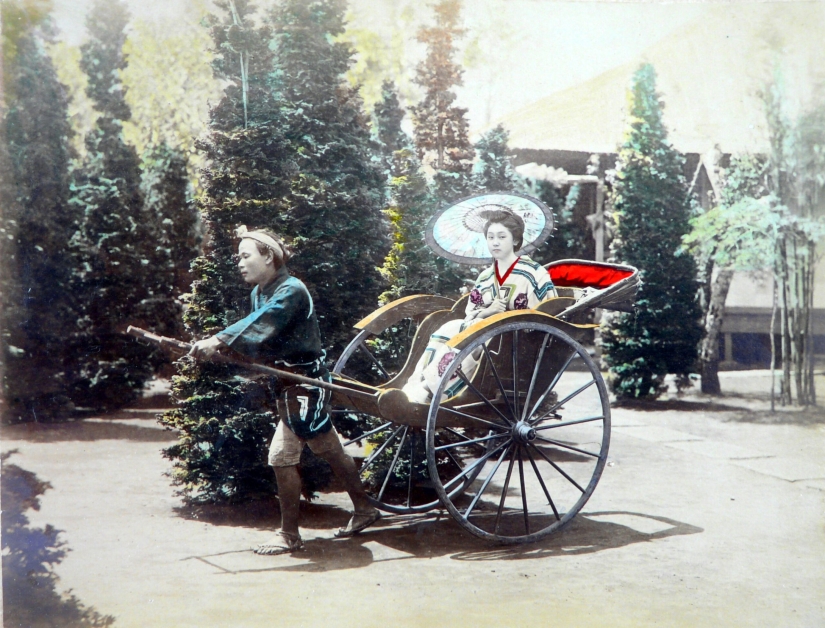
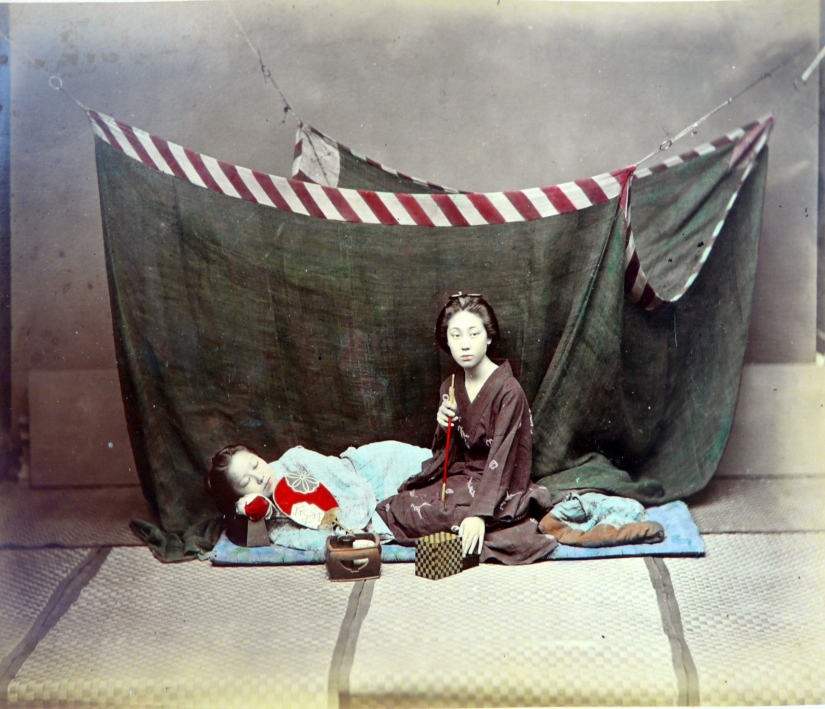
Recent articles

It's high time to admit that this whole hipster idea has gone too far. The concept has become so popular that even restaurants have ...

There is a perception that people only use 10% of their brain potential. But the heroes of our review, apparently, found a way to ...

New Year's is a time to surprise and delight loved ones not only with gifts but also with a unique presentation of the holiday ...